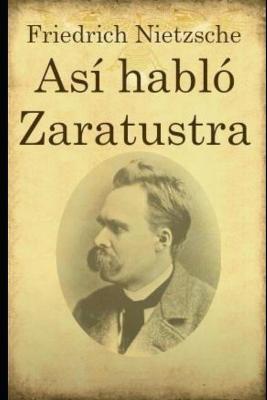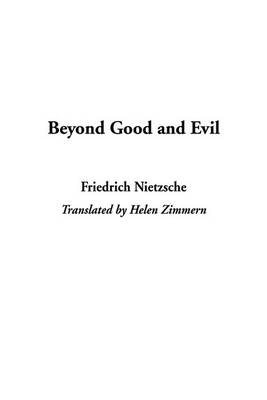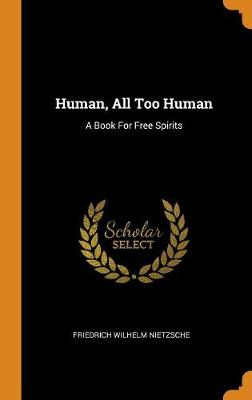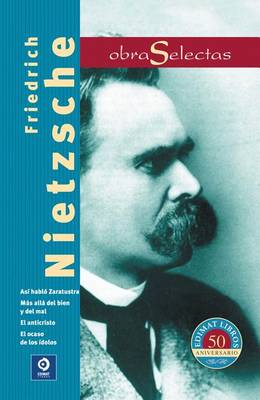Friedrich Nietzsche
1 primary work • 4 total works
Book 28
If ever there was a thinker who swam against the social and ethical tide of his day, it was Nietzsche. Nineteenth-century Europe was for him a moral wasteland filled with false altruism, duplicity, double standards, and, worst of all, moral complacency. Nietzsche shocked his readers to the core by openly speaking their innermost thoughts: morality serves the social good, which for him meant fostering the best possible society - one that strives for excellence and abhors the herd mentality. By rejecting the "standards" of contemporary morality, Nietzsche thought, one stood a chance of going beyond good and evil to a community in which superior moral agents who understand human nature would rise above vacuous egalitarianism and the dominant schools of ethical theory to construct a moral aristocracy that would spearhead a new social renaissance. Nietzsche is at once unsettling, compelling, and provocative.
This English translation-the first since 1909-restores Human, All Too Human to its proper central position in the Nietzsche canon. First published in 1878, the book marks the philosophical coming of age of Friedrich Nietzsche. In it he rejects the romanticism of his early work, influenced by Wagner and Schopenhauer, and looks to enlightened reason and science. The "Free Spirit" enters, untrammeled by all accepted conventions, a precursor of Zarathustra. The result is 638 stunning aphorisms about everything under and above the sun.



